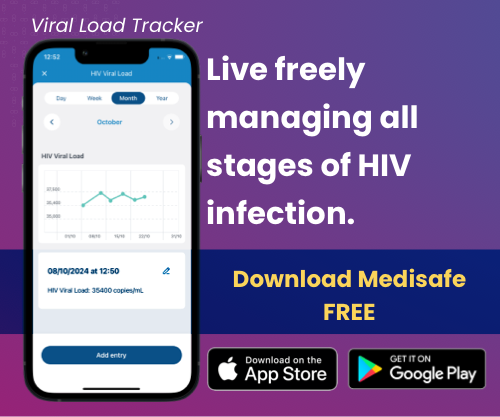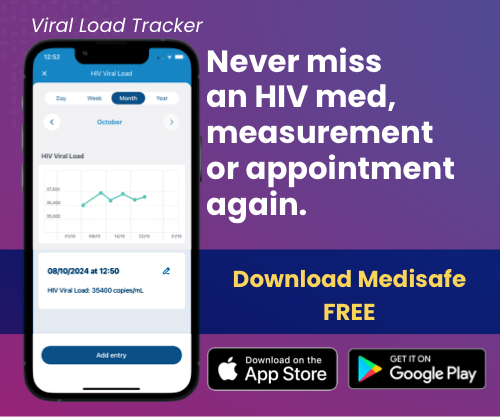Receiving an HIV diagnosis can be a daunting experience, leading to numerous questions about health and well-being, including concerns about weight loss. Many individuals wonder, “When does HIV weight loss begin?” Understanding the timeline and factors associated with weight loss in HIV can help you or a caregiver better manage health outcomes.
Understanding HIV Weight Loss
Weight loss in individuals with HIV can be concerning, as it can indicate a decline in overall health. HIV weight loss is often linked to a condition known as HIV wasting syndrome. This syndrome is characterized by an involuntary weight loss of more than 10% of body weight, along with additional symptoms such as diarrhea, weakness, and fever lasting at least 30 days.
 When Does HIV Weight Loss Begin?
When Does HIV Weight Loss Begin?
HIV weight loss often doesn’t occur immediately after infection. Instead, it typically becomes more prominent as the disease progresses and the immune system is compromised. Here’s a brief look at the timeline:
Early Stages (Acute HIV Infection): After initial exposure to HIV, individuals may experience symptoms such as fever, fatigue, and swollen lymph nodes, commonly referred to as acute retroviral syndrome (ARS). This early period may lead to temporary weight loss due to loss of appetite or gastrointestinal issues. However, significant weight loss typically does not begin until later stages of the infection.
Chronic HIV Infection: As HIV progresses to the chronic stage, the virus continues to replicate and damage the immune system. While many individuals may maintain a healthy weight during this phase, those who do not receive treatment are at risk for developing wasting syndrome as the disease advances. It is during this period that opportunistic infections become more prevalent, contributing to weight loss from various factors like decreased appetite and nutrient absorption.
Advanced HIV/AIDS: By the time the infection reaches the advanced stage, also referred to as AIDS, significant weight loss is more common. Individuals may experience drastic weight loss due to ongoing opportunistic infections, malnutrition, and metabolic changes induced by the virus. It is important to note that weight loss can occur regardless of the individual’s initial weight and can affect both muscle and fat mass.
 Factors Contributing to Weight Loss
Factors Contributing to Weight Loss
Several factors contribute to weight loss in individuals living with HIV:
Opportunistic Infections: Weakened immunity can lead to infections that significantly affect appetite and nutrient absorption, resulting in weight loss.
Nutritional Deficiencies: HIV can disrupt the gastrointestinal system, leading to malabsorption of essential nutrients, further exacerbating weight loss.
Mental Health: Conditions like depression and anxiety, often experienced by individuals with HIV, can also decrease appetite and lead to weight loss.
Managing and Preventing HIV-Associated Weight Loss
If you or someone you care for is concerned about weight loss due to HIV, early intervention is critical. Here are several strategies to consider:
Consult a Healthcare Provider: Regular check-ups with a healthcare professional can help monitor weight and overall health. They can suggest tests and assessments to track nutritional status and weight changes.
Nutritional Support: Engaging with a registered dietitian can lead to personalized meal plans focused on high-calorie and nutrient-rich foods to help maintain weight and muscle mass.
Adhere to Antiretroviral Therapy (ART): Effective ART significantly reduces the viral load and improves immunity, which can lead to weight stabilization and even gain.
Physical Activity: Incorporating regular exercise, especially resistance training, can help build muscle mass and combat weight loss.
Mental Health Support: Seeking therapy or joining support groups can address emotional factors that may contribute to weight loss, enhancing overall well-being.
Understanding when weight loss begins and the factors contributing to it is crucial for individuals newly diagnosed with HIV and their caregivers. Monitoring health, seeking professional support, and implementing nutritional strategies can significantly impact health outcomes. If you have concerns about weight loss or other symptoms, don’t hesitate to reach out to your healthcare provider for assistance. You are not alone on this journey — support and resources are available to help you thrive.
Sources and Links:
Mary West. (2021). HIV wasting syndrome: Symptoms, causes, and more. Medical News Today. https://www.medicalnewstoday.com/articles/hiv-wasting-syndrome
Mark Cichocki, RN. (2024). 11 Signs That You Could Be HIV Positive. Verywell Health. https://www.verywellhealth.com/top-signs-you-may-have-hiv-49428
HIV and Weight Loss. (2024). alberta.ca. https://myhealth.alberta.ca/Health/pages/conditions.aspx?hwid=zp4022



